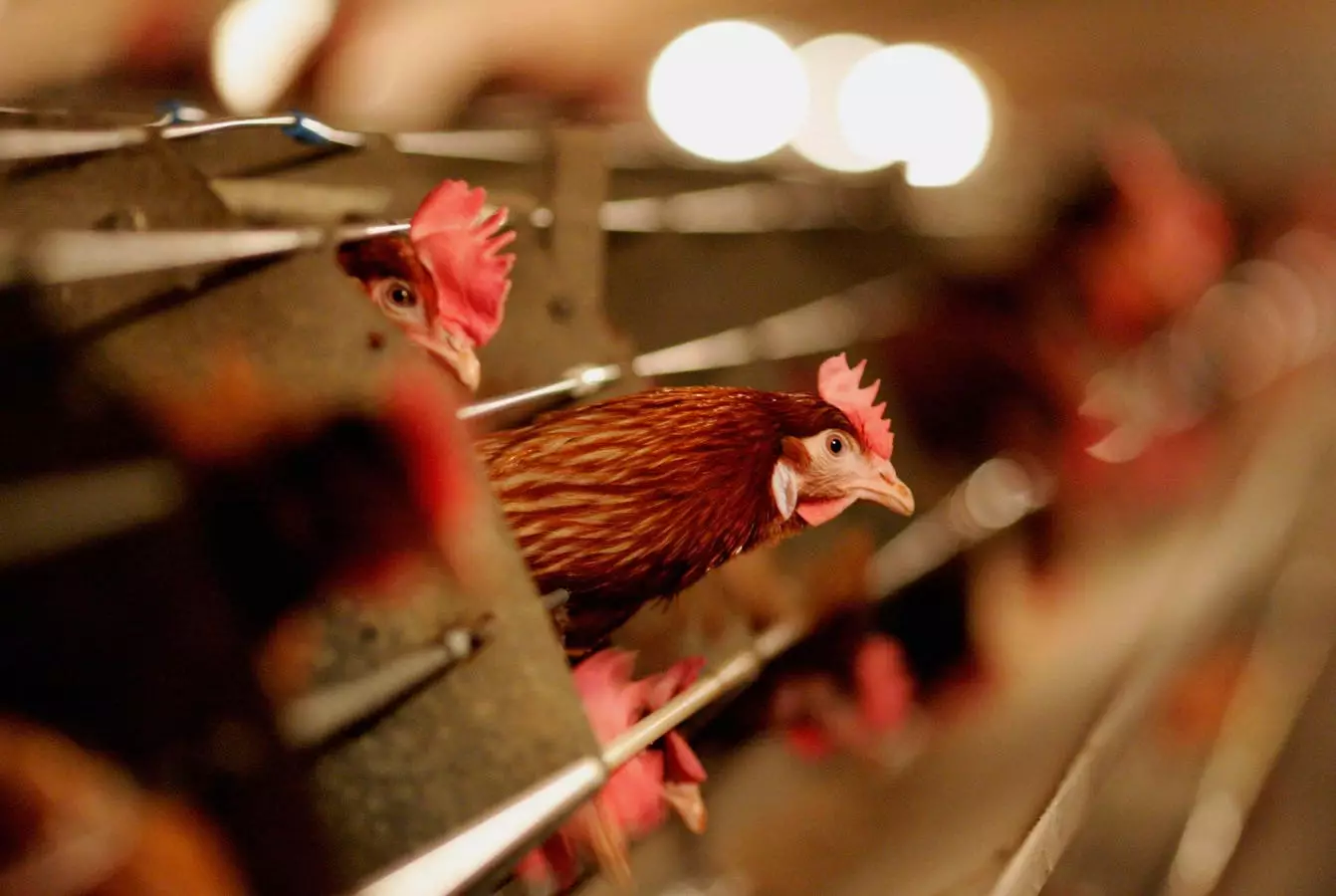The global upheaval brought about by the Covid-19 pandemic serves as a glaring reminder of the fragility of our interconnected world. This unprecedented crisis was not just a matter of health; it unearthed systemic inequalities that have perennially plagued our food systems and wider societal frameworks. The true tragedy, however, emerged not only from staggering death tolls and livelihoods decimated but from our collective failure to heed the lessons learned in the wake of the pandemic. As we find ourselves potentially on the verge of yet another health crisis—this time, with avian flu—the stakes are alarmingly high.
Avian flu, particularly the Highly Pathogenic Avian Influenza A (HPAI) H5N1 strain, poses a significant threat, with current outbreaks ravaging poultry farms and leading to the culling of nearly 150 million birds since 2022. While this virus primarily targets birds, it has demonstrated the capacity to spill over into mammals, including human hosts. This capability greatly amplifies the risk of the virus mutating and potentially leading to a new pandemic. As of 2024, the growing number of human cases—102 instances leading to ten fatalities—underscores the urgency of addressing this looming threat with a proactive strategy.
Imminent Risks and Suboptimal Responses
Experts, including Dr. Amesh Adalja from the Johns Hopkins Center for Health Security, emphasize that while the immediate public health risk remains low per assessments from the Centers for Disease Control and Prevention (CDC), the time for intervention is now. The delay in gearing up preventive actions could have dire consequences. Current strategies to minimize the risk of outbreak from avian flu have not been adequately executed—indeed, they seem to be under threat from political decisions that prioritize short-term gains over long-term health security.
Recent actions by the U.S. government have visibly strayed from effective pandemic management. Initial commitments to invest $100 million in research and vaccine development were quickly dismantled. The reversal from plans to explore vaccination indicates a troubling trend toward neglecting public health solutions that have proven effective during crises. The recent comments from officials suggesting alternative measures to “let the virus run its course” reflect a disheartening disregard for established scientific research advocating for vaccination as a preemptive strategy.
The Importance of Vaccination and Global Collaboration
Vaccination remains one of our most potent tools against infectious diseases, especially as shown in recent trials for avian flu vaccines targeting cattle and poultry. Countries such as China and France have recognized the importance of vaccinating their poultry populations, reflecting an understanding that prevention is far more effective than reactionary measures. Finland has even commenced trials for avian flu vaccination in human populations, a proactive response that stands in stark contrast to the approach adopted by the U.S. administration.
The role of international collaboration cannot be overstated. Organizations such as the World Health Organization (WHO) are actively working to enhance global preparedness for potential influenza outbreaks. The hope lies in their vigilance in monitoring avian flu’s evolution, yet this progress faces significant hurdles as American policy shifts prioritize isolation over collaboration. The recent withdrawal of U.S. engagement with WHO initiatives suggests a worrying trend: neglecting the importance of a united front in the face of global health threats directly undermines collective pandemic readiness.
Morality Over Misinformation
The current trajectory we are on is fraught with peril. Historical contexts make it abundantly clear that viruses do not discriminate by borders; they traverse them with ease. Therefore, prioritizing public health over political maneuvering is not just prudent—it’s a moral imperative. As we learned during the Covid-19 crisis, failing to take decisive action today not only increases vulnerability to future outbreaks but also compromises the health and safety of populations worldwide.
As risk factors mount, so does the moral obligation to advocate for change. The path forward must be illuminated by clear, science-based action and a commitment to large-scale vaccination initiatives. Avoiding the painful lessons of the past would be a grave mistake, one that could lead to the devastating repercussions of another pandemic. As society grapples with the remnants of Covid-19, we must strive to create an environment where public safety is prioritized above all else. The need for informed, courageous action has never been more pressing—our collective future may well depend on it.


Leave a Reply